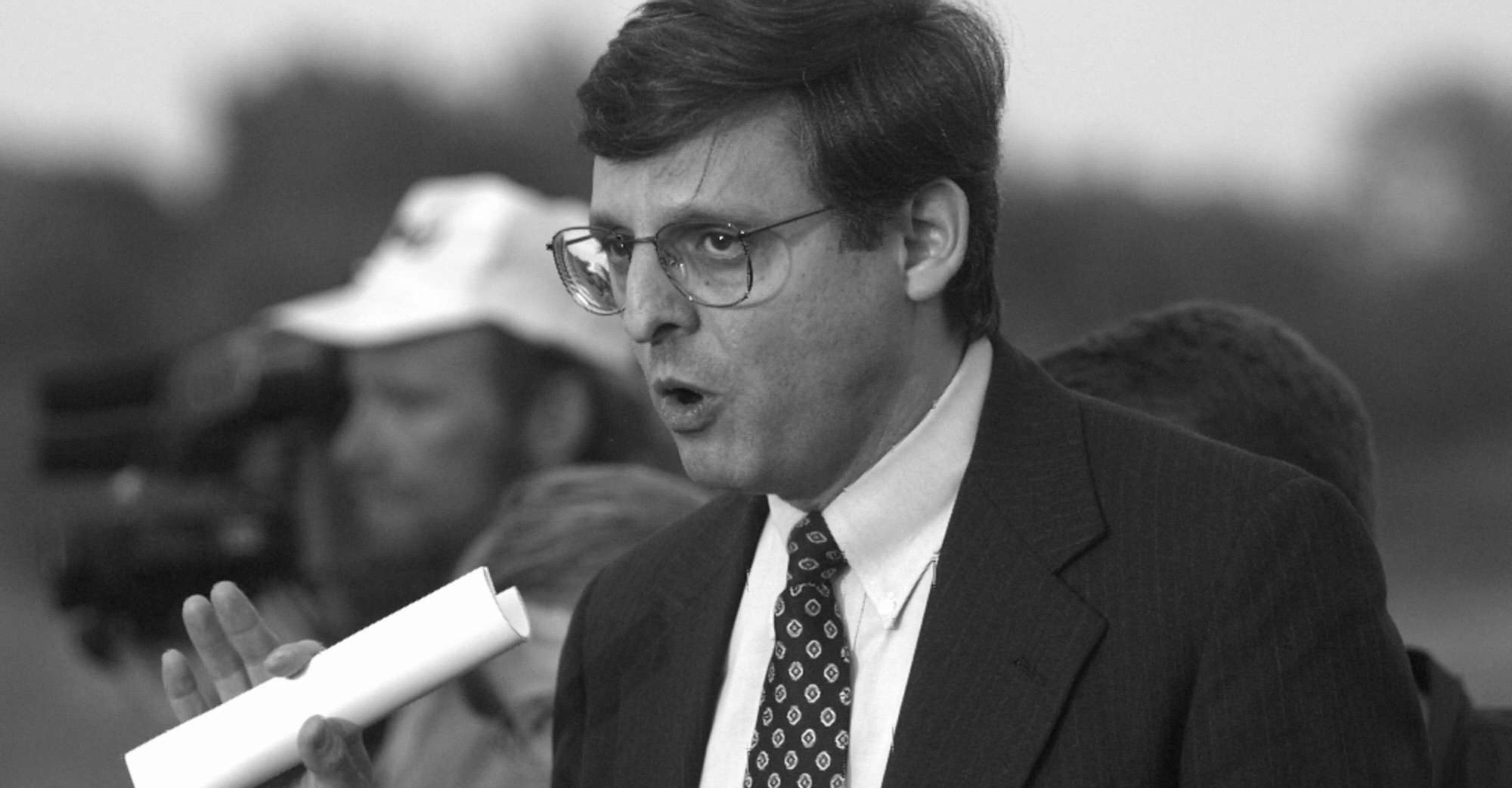The nation’s most prominent gun rights group wasted little time in denouncing President Barack Obama’s pick to fill the vacant seat on the U.S. Supreme Court. Just hours after Obama announced on Wednesday that he was nominating federal judge Merrick Garland to join the high court, the National Rifle Association’s chief lobbyist declared that Garland “does not respect our fundamental, individual right to keep and bear arms for self-defense.”
This critique, foreshadowed by gun rights proponents over the past few weeks as Garland’s name surfaced as a possible candidate to replace Antonin Scalia, is largely premised on a procedural vote Garland made in a 2007 case that centered on whether Washington, D.C.’s handgun ban was unconstitutional.
But those who denounce Garland in the name of gun rights might be misreading that 2007 vote, which was in favor of allowing more judges on his court to review a decision made by a three-judge panel, says Joseph Blocher, a constitutional law professor at Duke University.
Rather than definitive evidence that Garland would like to curtail gun rights, the vote may simply be an indication that he is a jurist who is especially deferential to rulings made by previous courts, Blocher says.
“It is impossible to tell” what Garland meant by voting for rehearing, Blocher tells The Trace. “It may well be that he just wanted the whole court to weigh in on such a major decision. That would not be particularly unusual.”
Garland’s vote came after a three judge panel on his court struck down D.C.’s handgun ban, ruling that it stripped residents of their right under the Second Amendment to own firearms. Prior to the ruling, just one court had affirmed the right of individuals to bear arms under the Second Amendment, in 2001, while many others had declined to stray from a long-held interpretation that the amendment referred specifically to the right of militias to own firearms.
When the D.C. Circuit, what some call the second-most important court in the nation, made what Garland surely knew was a huge and controversial ruling, Garland appears to have believed that it was important enough for a larger panel of judges to review the decision.
Such an expanded review is called an en banc rehearing, a common occurrence in appellate practice.
It is possible that Garland voted for en banc review in order to scuttle the earlier decision by his colleagues. It is also possible that he is simply cautious, not unlike some of the conservative jurists currently on the Supreme Court. Blocher also notes that Judge Raymond Randolph, an outspoken conservative judge on the D.C. Circuit at the same time, joined Garland in voting for a rehearing.
The call for the en banc hearing was voted down by the justices on the D.C. Circuit court, and the case — by then known as District of Columbia v. Heller — was taken up by the Supreme Court. In 2008, the judge Garland would be replacing if confirmed, Antonin Scalia, wrote the majority opinion in a 5-4 ruling that upheld the lower court ruling. The court decided the Second Amendment did, in fact, secure gun rights for individuals — not just militias.
For those concerned that Scalia’s opinion in Heller will be overturned by a future court, Garland’s abundance of caution might be even reassuring. If Garland was reluctant to swim against the tide of precedent as a circuit judge, he might be just as unwilling to upend the case that cemented gun rights for all individuals.
[Photo: AP Photo/Rick Bowmer, File]

